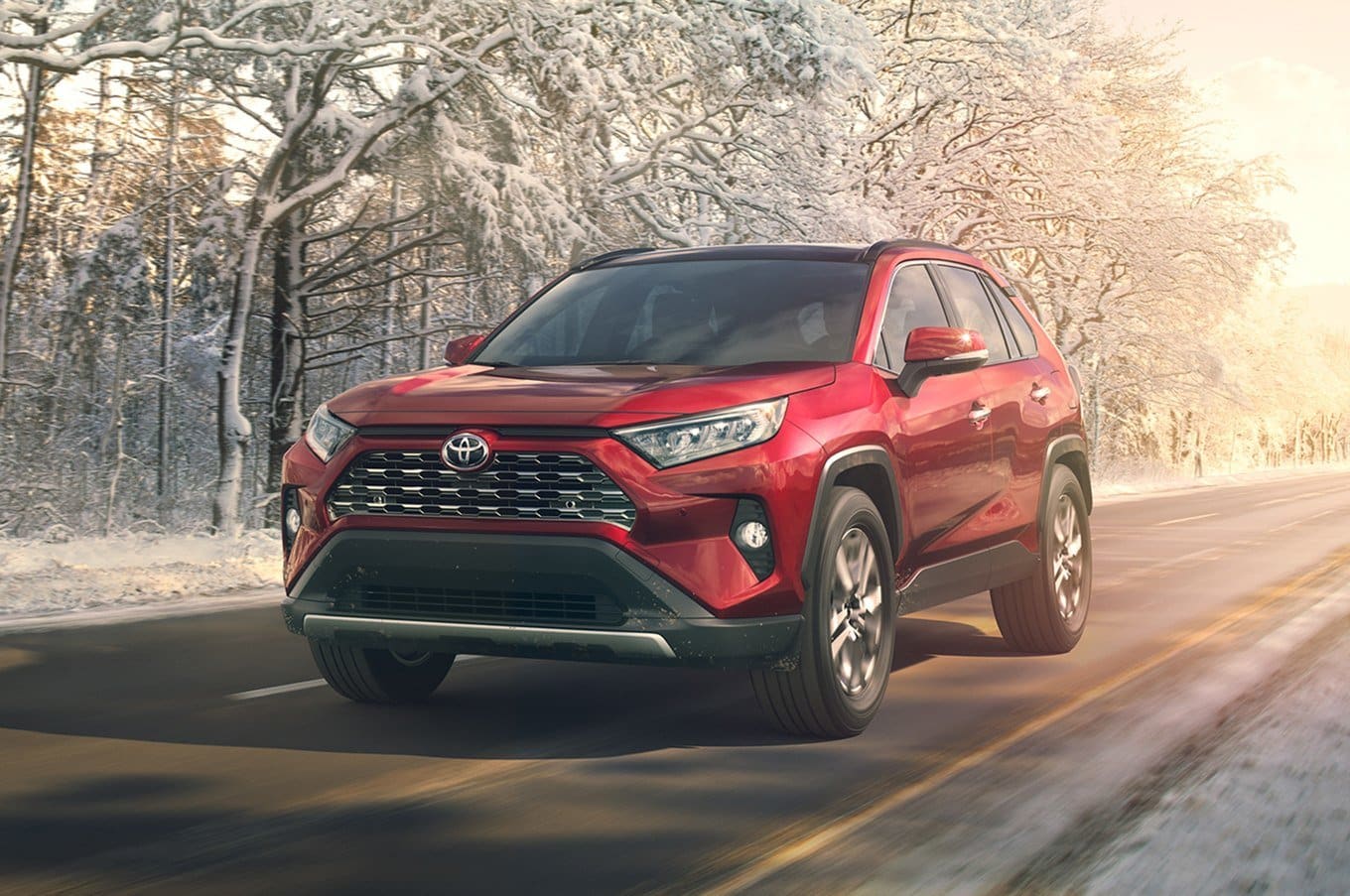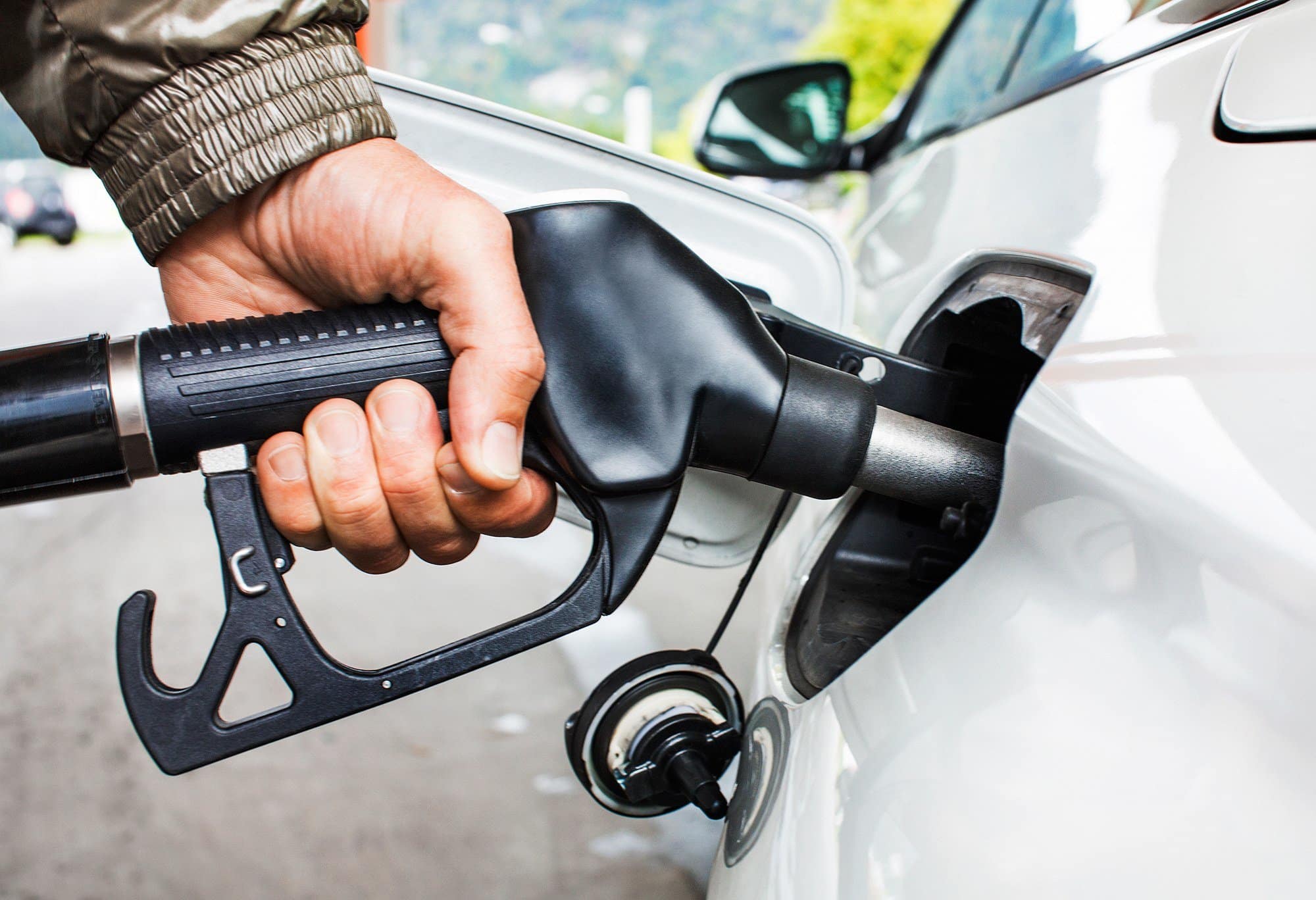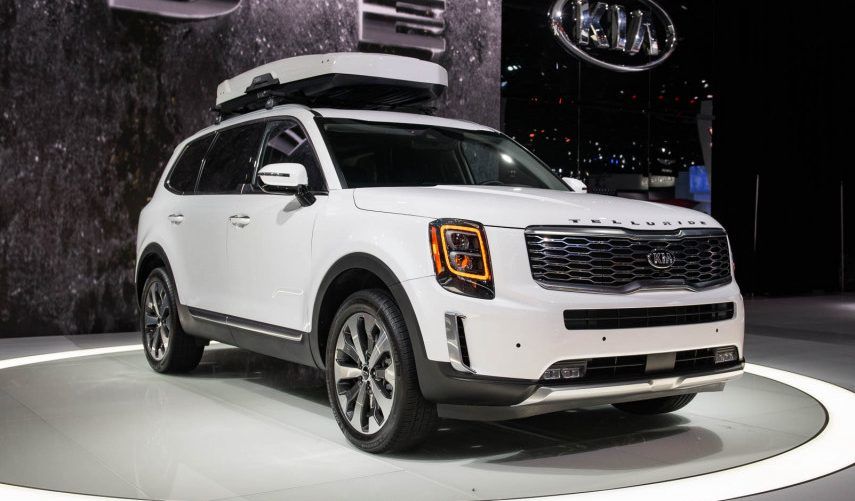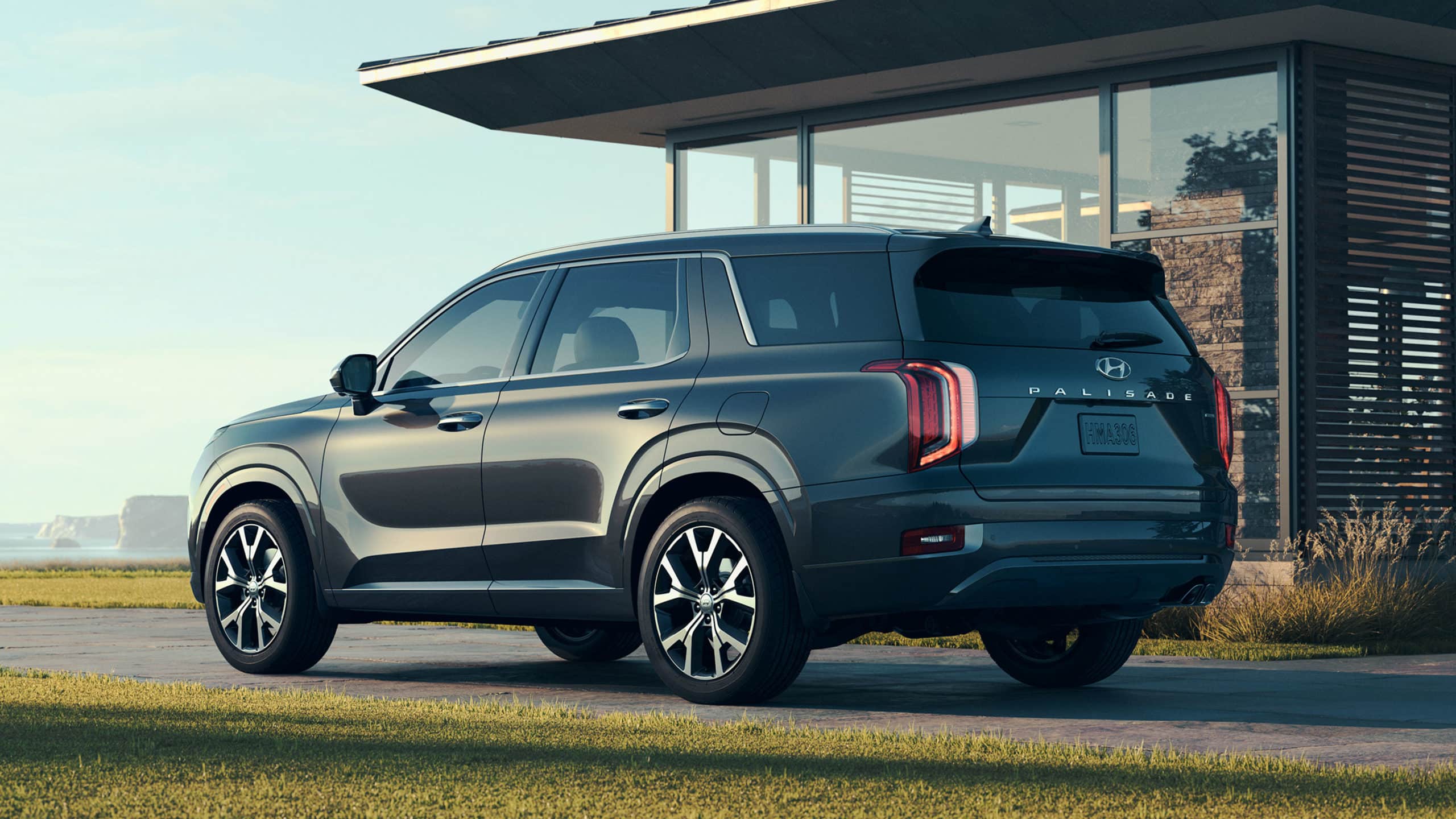Diesel vs Gasoline Engines
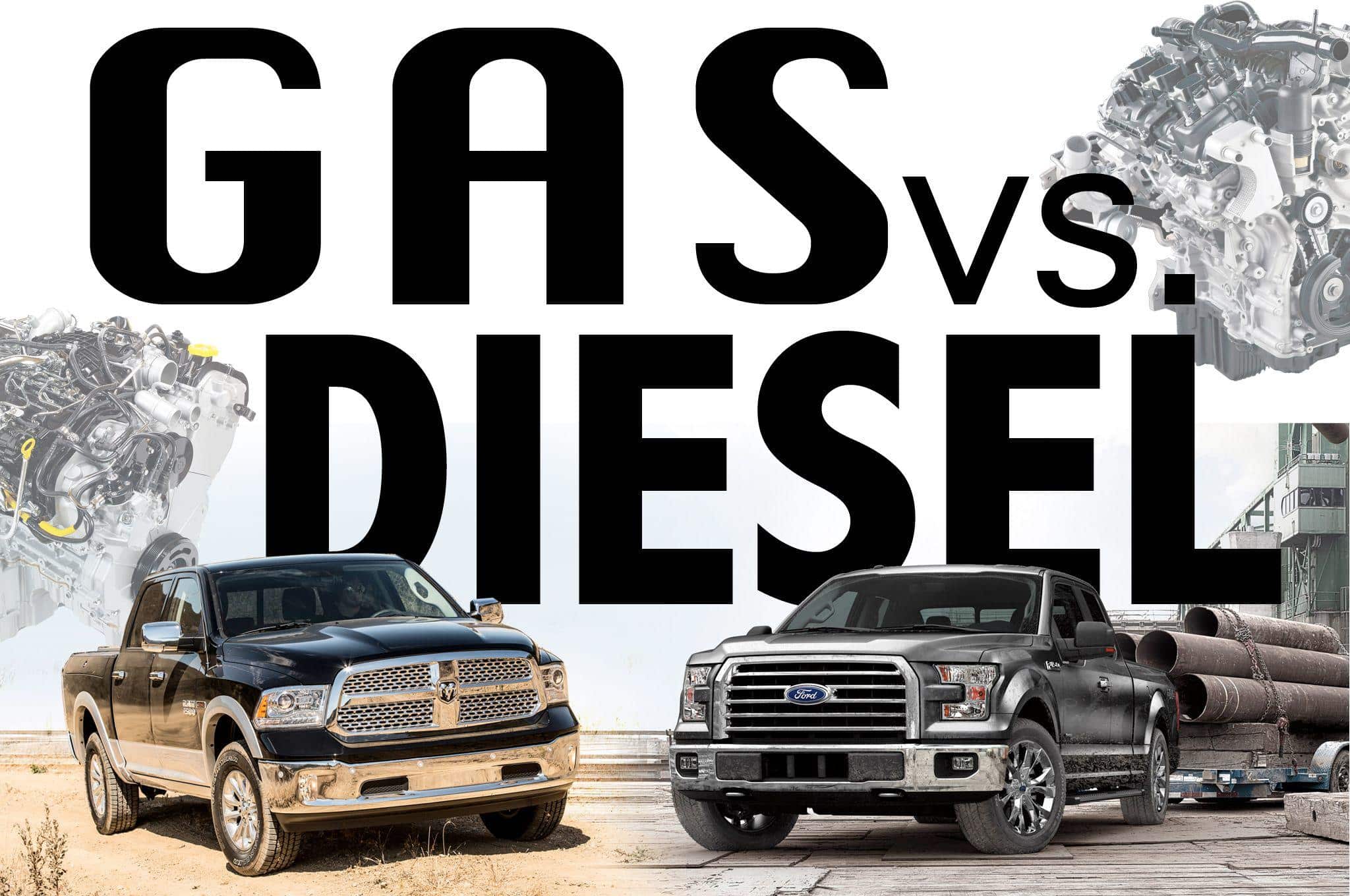
Diesel versus a gasoline engine- which type of fuel is better? This subject raises many questions and doubts. Even after so many years of their adoption, the global market is still divided when it comes to this choice, since there are so many factors that must be taken into consideration by both people who are looking for affordability and those who prefer performance over anything else.
It would be a great mistake to make a rush decision and declare a winner based only on their cost/effectiveness. Therefore, it is necessary to make a thorough study of their advantages and disadvantages before deciding between a gas engine-based vehicle and a turbodiesel one.
Gasoline Engines, The Default Choice In America
Gas engine-based cars are the default choice in America, and there are several factors that lead Americans to choose gas over diesel to power their vehicles. Among those is the fact that gasoline is generally cheaper, which draws the attention of users who require affordability and horsepower. And although there is the argument that diesel is cheaper in the long run, that’s a topic that will be covered later.
Getting back on track, gasoline engines have another significant advantage, horsepower, which is superior on average to that of diesel engines, allowing them to reach higher speeds than their counterparts. This is the reason why sports cars usually run on gas.
It is of vital importance to point out that gas engines are cheaper to manufacture as well, and thus take the lead in the economics department. When it comes to weight, they also tend to be lighter in comparison to Diesel engines.
Pollution is also an important aspect to keep in mind. In this regard, gas vehicles are not precisely eco-friendly, due to the harmful CO2 emissions. But then again, they are better in this regard than diesel engines, which only in recent models built to the latest standards have managed to get on par with gas-based vehicles.
Noise is something that can’t be ignored. As far as noise is concerned, gasoline and diesel engines are pretty much on the same level. The sound pollution produced by them usually varies from vehicle to vehicle, manufacturer to manufacturer and so on and so forth. However, historically speaking, early diesel models were considered loud and obnoxious, but not anymore thanks to the refinement of the technology.
Disadvantages
All that glitters is clearly not gold, and the truth is that gas engines are far from perfect. If that were the case, then there wouldn’t be a purpose for diesel engines or electric cars. The disadvantages are many, starting from the fact that due to the high RPM they run at, they wear out faster, which leads to them requiring maintenance more often. They also lack the torque and energy per unit that diesel fuel delivers.
Fuel consumption is another valid argument to prefer diesel vs gasoline engines. Gasoline is cheaper, yes, but you also should take into consideration that typically, gas engines are hungrier than their counterparts, burning more fuel per kilometre/mile in comparison. So, in the long run, they take a toll on your wallet.
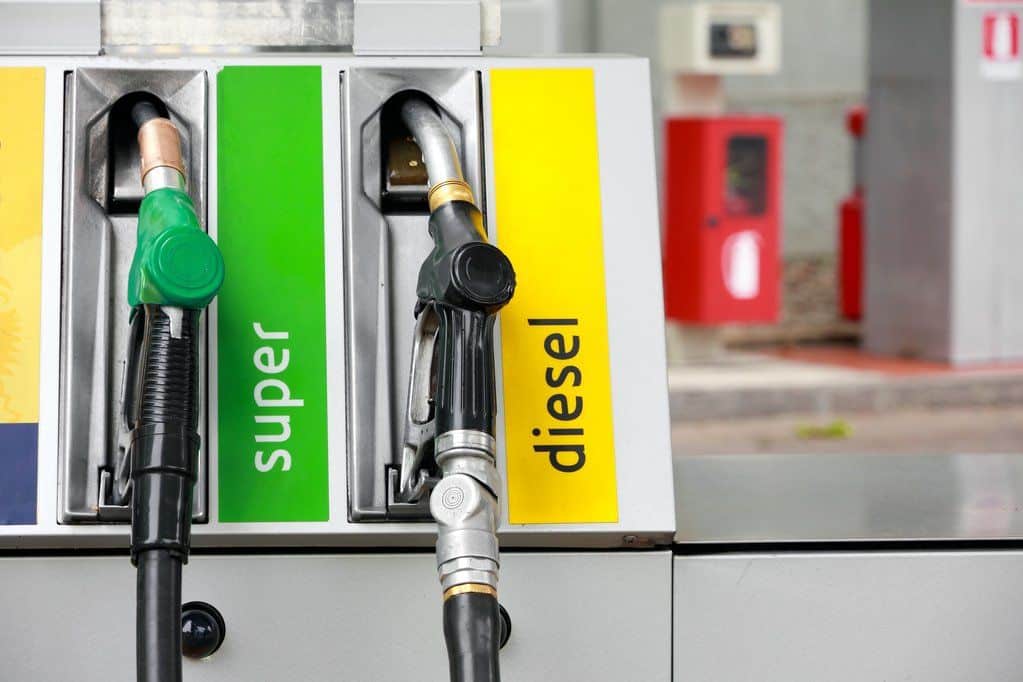
Diesel Engines, The Preferred Option In Europe
The European market may be very similar to the American market in certain aspects, but in this regard, this continent has shown a greater inclination for diesel engines and there are many reasons for this preference. For starters, they might be more expensive than gas engines, but in return, they benefit the customer with greater durability. This is because their structure is simpler and they do not have spark plugs. Consequently, they wear out considerably less in the same period of time.
Another important point is that these engines carry out combustion through a process known as compression ignition. The process consists of compressing the fuel and air in such a way that they generate enough heat for spontaneous combustion to occur. And while this process would occur in a gasoline engine, it would be called detonation, which could render the engine unusable in an instant. So, in this sense, diesel is more secure.
As mentioned earlier, diesel engines lag behind gas engines in terms of horsepower. However, this is only in speed, since they exhibit greater torque, which gives the engine the ability to rotate heavier objects around an axis. This is the reason why diesel engines are used in trucks to transport heavy loads because they offer greater performance in this aspect than their competitors. And although this is a feature that mostly concerns businesses, there are customers who require the force of torque offered by a diesel engine. This is for the simple reason that it allows the driver to opt for a strong acceleration and therefore, the traction will be much smoother and comfortable.
Leaving aside the technical aspects, there are two major reasons for Europeans countries to prefer diesel. Firstly, taxation is higher on gasoline in Europe than on diesel. Secondly, emissions policies set in the 90s in Europe.
After the Kyoto protocol ratified in 1997, European countries put a major emphasis on diesel vs gasoline engines in cars to reduce their CO2 to acceptable levels. At the time, they were thought to be more efficient than their gasoline-powered counterparts. Since then, European governments poured all their effort into making diesel fuel cheaper than oil, while also providing incentives like new diesel registrations at lower rates than gasoline-based cars.
The BadNothing can’t be perfect, and that also goes for diesel fuel-based engines, which have a fair share of disadvantages. Nonetheless, many of those complaints have been relegated to the past.
Issues like the CO2 emissions as well as noise and big size of the engine, have been mitigated as the technology moves forward. Nowadays, you can find diesel-based vehicles that rival those based on gasoline. However, older models have given diesel engines somewhat of a bad reputation.
A Long Time Investment?
Knowing the features that stand out between gasoline and diesel, along with their respective engines, you can see that none of the two is perfect and that they each have their own drawbacks. However, the real question still lingers: which fuel is cheaper? Gasoline or diesel? The answer is simple, gasoline is cheaper because it is more widely available. So, many drivers have been inclined to use gasoline-powered vehicles to enjoy short-term savings.
One gallon (3.78 liters) of diesel fuel yields more mileage than 1 gallon of gasoline since less diesel is needed to perform the same task that would be done with gasoline. In a hypothetical case, 1 gallon of diesel would allow a car to cover 150 meters, while 1 gallon of gasoline is only enough for 140 meters.
When comparing diesel vs gasoline engines in the long run it’s possible to save money on fuel by choosing a diesel-powered vehicle, but we are talking about a considerable period of time, and for such, this is a decision that must be studied beforehand. As expected, the price of a gasoline-based engine is more affordable, but in the long term, you could save money on maintenance and repairs by choosing a diesel engine-based vehicle. Do know that the latter sacrifices speed and certain conveniences in exchange for durability.
Before you own a vehicle, it is important to be sure about the type of engine your car will use, mostly because the benefits or savings can only be perceived after 5 or more years of usage.
 How Good Is The Reception Of Diesel Engines In America?
How Good Is The Reception Of Diesel Engines In America?
It is known that the American market has a clear preference for gasoline vs diesel engines and the reasons for this are very well justified. However, this does not eliminate its competitors, diesel engines, which are getting more followers and a wider spread. Even so, there are different automotive brands that are presenting new models equipped with these beauties. Among them, you can count Chevrolet, a well-known manufacturer who has a varied catalogue, having in their repertoire the Equinox, the Cruze, and the new Silverado 2019.
Another prime example is Land Rover, a manufacturer that is committed to diesel engines. It currently boasts the Turbo-diesel engine 2.0, which can be found in the Discovery as well as the Ranger Rover Velar, among others. Ford is also emerging as a diesel option for Americans, since they have in the market the F-150. Apart from that, Jeep has the Grand Cherokee, but if you are looking for a German brand, the options are reduced only to BMW with its 5 series.
Check out some of the highest recommended diesel cars for 2019.
Meanwhile, Audi, Volkswagen, and Mercedes seem to be making a bold statement that they will not be releasing diesel vehicles into the market any time soon. While there are options for lovers of this technology, it is undeniable that there is still a long way to go. So, there are certain manufacturers that refrain from presenting their diesel models to this public.
What Does The Future Hold for Diesel vs Gasoline Engines?
Currently, the global market holds more customers using gasoline vehicles than diesel powered ones. The reasons for that are many, such as the short term saving and the overall availability of vehicles that run on gas, which is the mainstream appeal of the whole thing. It is completely feasible to see the payback of investing in a diesel engine in a few years down the road, as well as to enjoy the hassle-free side of things by not having to perform maintenance so often. But certainly, gas cars won’t get replaced by diesel vehicles anytime soon.
It is also worth mentioning that diesel engines have had a record of complications that haunt their image to date, reason why the alternative managed to hold a larger grip on the automotive market. However, every day more and more users are opting for diesel technology and taking advantage of its unique traits.
If you want to learn which choice may be better for you, complete our match making form and speak with a Partnered Conquest Consultant.

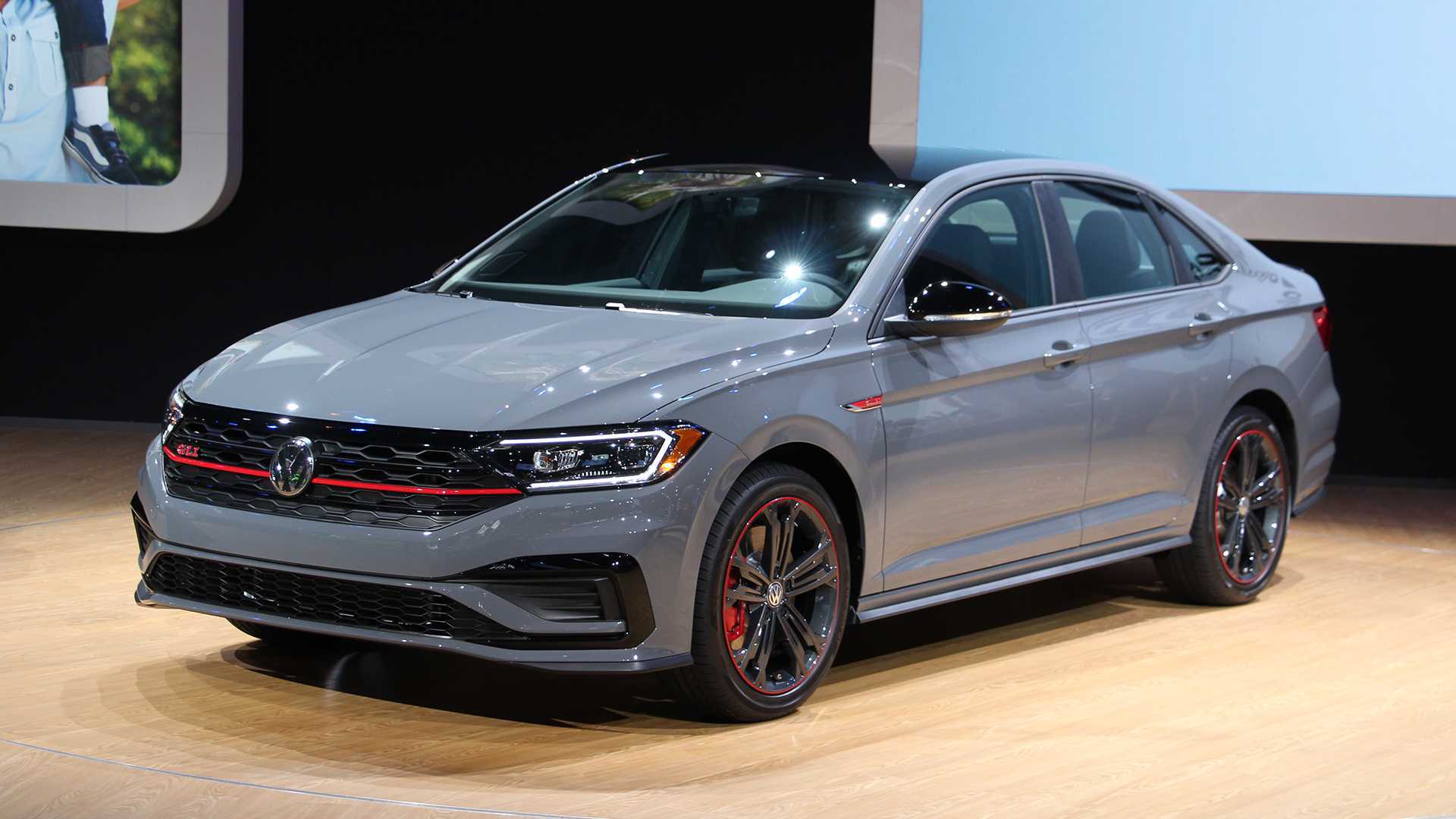


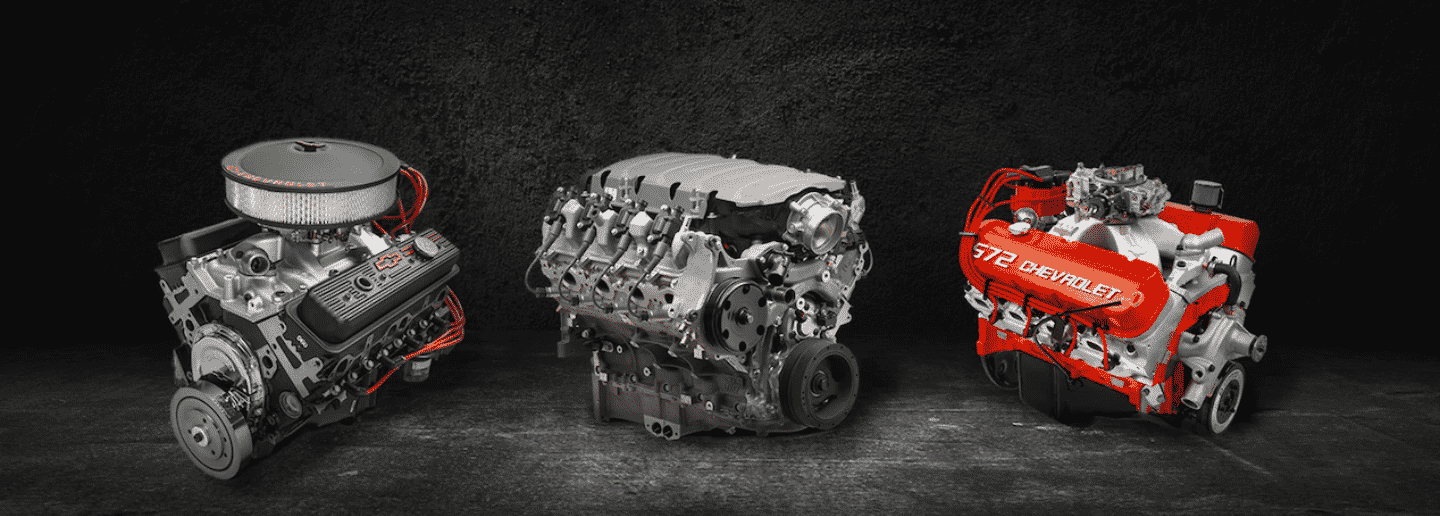 How Good Is The Reception Of Diesel Engines In America?
How Good Is The Reception Of Diesel Engines In America?